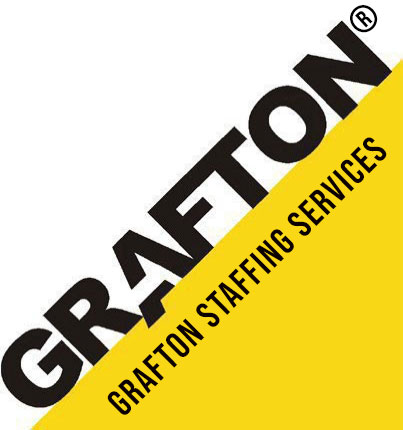We Believe That Transparency Is Everything

Rich Lewis
Post written by Richard Lewis, Vice President, Staffing Services
What is transparency and what does it mean to clients and candidates in the Staffing/Recruiting Industry?
Is transparency just another staffing industry buzzword for blogs, coffee mugs and other staffing swag?
I have 20+ years in the industry working for the big national companies, start-ups and mid-sized firms in my career and I’ve learned a great deal at each.
What Does Transparency Mean?
To me, transparency means people (clients/candidates) trust you to share information that may/will impact them either positively or negatively. Transparency instills trust, openness and sharing, and fosters an effective communication structure.
Transparency starts with the organization you work for. If everyone isn’t onboard with the culture, there will be challenges. Unfortunately, this is where the staffing and recruiting industry has been for too long and has been slow to change.
At Grafton, transparency, as it relates to our clients, is that our motives are clear, easily perceived and that we don’t have any hidden agendas. We exhibit this through our actions and our service rather than our marketing materials.
A model of transparency and partnership benefits Grafton’s clients because they know what to expect day in and day out.
For the contractor/temporary candidates we place, transparency enhances job security, promotes a higher quality of work and limits typical staffing challenges/misconduct because they’re aware of the motivations behind decisions and policies. They understand the “why”.
 Transparency Tips for Clients
Transparency Tips for Clients
- Agreements: Contracts/Agreements are necessary for both the client and the agency as both parties need to cover their bases. Look for soft costs (mark up on drug/background checks) and recruiting practices of the agency relative to their signed clients.(Example: Grafton recently retained a client who had used a specific agency for most of their recruiting efforts. However, they lost a couple of solid employees they’d hired Contract-to-Hire. In one of the exit interviews, they learned that their staffing partner had recruited the person out of the company. The client yelled FOUL! When the client asked the agency why they were recruiting directly from them (their client) they said it was in the contract that agency had the right to recruit the person one year after placement. This transparency issue has become more evident as the unemployment rate has dropped below 3% locally.)
- Process/Screening: Most quality staffing agencies market that they have a detailed screening and interviewing process. They tell clients that they interview the candidates in their office prior to submitting them for consideration.How do you know this actually happens? We tell our clients to ask Grafton candidates and candidates from other agencies what their experience has been like working with the “Agency”.When/where did they interview, etc.?You want to avoid agencies that simply send the resume, wait to see which candidates the clients are interested in and then bring them in to interview. Are you getting a return on your investment?
- Pricing: As a client, you want to know what the agency is paying the contractor. You don’t want them overpaid as you might have difficulties converting to your payroll. You don’t want them paid less. We’ve even heard that some agencies sell a 40% markup but then take $1-$2 from the candidate’s pay to increase their margin.
Transparency Tips for Candidates
- If an agency offers you a position but tells you that you need to walk out of your current job without giving professional notice, you should be VERY skeptical. Why would any professional agency or client organization ask you to burn bridges with your current employer by walking out without providing notice? Always ask yourself: Is this in my best interest or the agency’s best interest?
- Let’s say you’re considering a job change and are an established core employee or contractor making $17/hr. If an agency calls you about a Contract-to-Hire opportunity and tells you it’s $21/hr., what do you do? If you proceed to interview with the client, it’s within your right to ask the interviewer the specifics of the position. For example, is this a temporary or contract-to-hire position? What are the duties? If the agency offers you a contract-to-hire opportunity, ask for it in writing. If they refuse, you should decline the offer. Don’t give up a good job currently for a temporary job! Always get an email or written documentation.
- If, after your interview, the agency calls and offers you the job, ask for the offer in writing either in an email from the recruiter you’re working with or a written letter. You have every right to confirm the pay you’re being offered. In fact, we often hear from candidates who say they were promised a certain hourly rate but when it came to payday, they were making $2-3/hr. less than they were originally offered over the phone. When they called the agency to dispute the rate, the temporary employee was told that the pay-rate they were offered doesn’t kick in until they convert to the client’s payroll. OUCH! Always cover your bases and ask for documentation.
In closing, we believe that transparency is everything. It requires us to be accountable, ethical and foster strong partnerships with clients and candidates. At Grafton, transparency is built into everything we do. We’ll never have it any other way.

